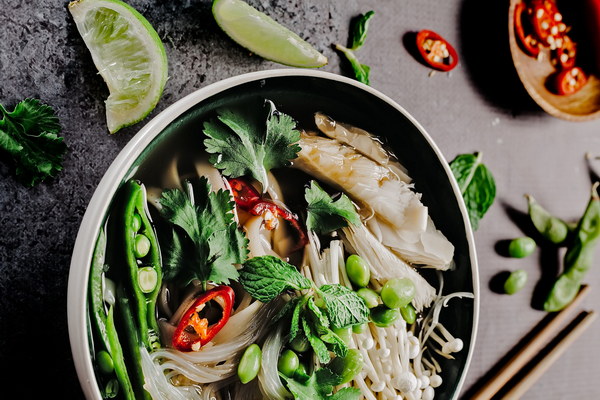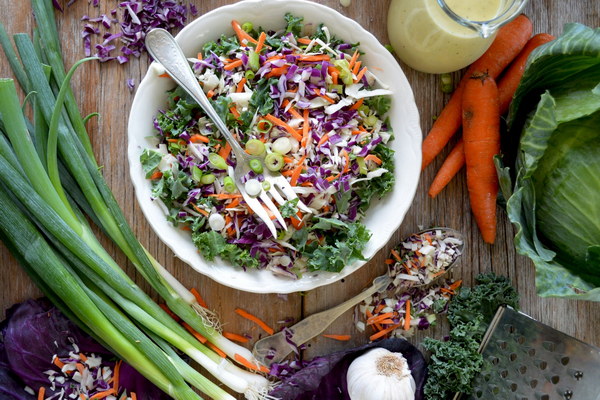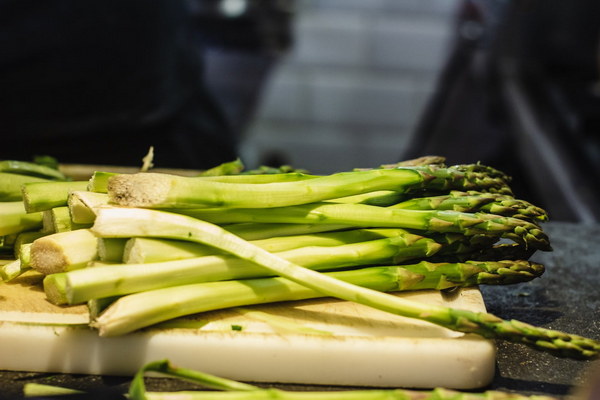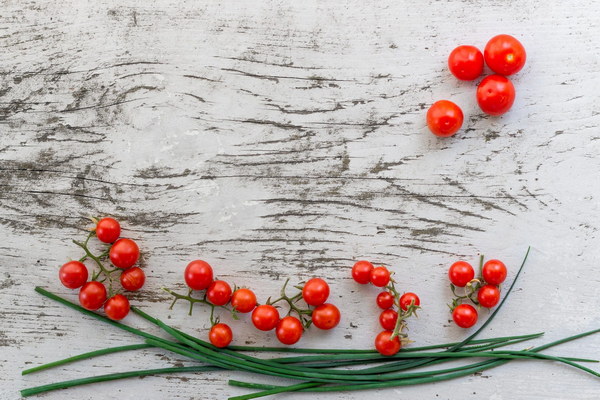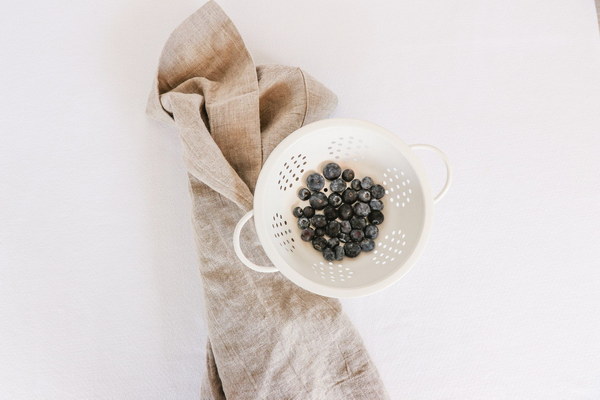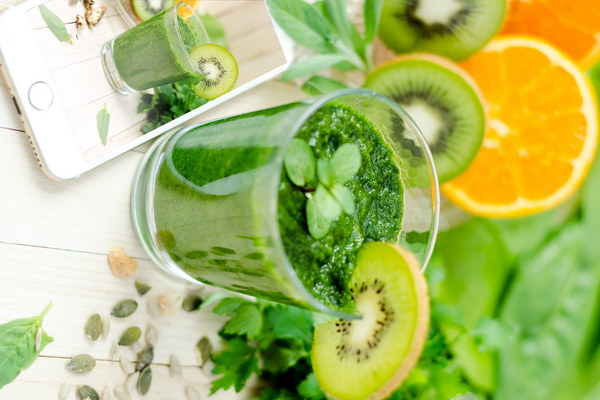Nourish Your Kidneys A Comprehensive Guide to KidneyFriendly Diet Practices
Nourish Your Kidneys: A Comprehensive Guide to Kidney-Friendly Diet Practices
In the pursuit of health and vitality, understanding the importance of kidney health cannot be overstated. The kidneys play a critical role in filtering waste, maintaining fluid balance, and regulating blood pressure. A kidney-friendly diet, often referred to as an renal diet or kidney diet, is designed to support kidney function, especially for those with chronic kidney disease (CKD) or at risk for kidney problems. This article delves into the principles of a kidney-friendly diet, offering insights into what to eat, what to avoid, and how to make healthier food choices.
Understanding the Kidney-Friendly Diet
The foundation of a kidney-friendly diet is based on the principle of maintaining a balanced intake of nutrients while minimizing the workload on the kidneys. This involves monitoring the levels of certain substances, such as protein, sodium, potassium, and phosphorus, which can be harmful if consumed in excess.
Protein Intake: Quality Over Quantity
Protein is essential for muscle repair and overall health, but excessive protein can stress the kidneys. For individuals with CKD, the American Kidney Foundation recommends limiting protein to 0.8 grams per kilogram of body weight per day. It's important to choose high-quality, low-protein foods such as lean meats, fish, eggs, and dairy products, while reducing intake of high-protein foods like beans, nuts, and whole grains.
Sodium Control: Less Salt, More Flavor
Sodium is a major concern for kidney health, as it can lead to high blood pressure and worsen kidney function. The recommended daily sodium intake for most adults is less than 2,300 milligrams, and those with kidney issues may need to limit it even further. To reduce sodium, avoid adding salt to foods, opt for low-sodium condiments, and choose fresh, unprocessed ingredients.
Potassium Awareness: Balance is Key
Potassium is vital for heart health, but too much can be harmful to the kidneys. People with kidney disease often need to limit their potassium intake. Foods high in potassium include bananas, oranges, potatoes, tomatoes, and dairy products. It's important to balance potassium-rich foods with those that are low in potassium, such as apples, pears, and cucumbers.
Phosphorus Management: Keeping Levels Stable
Phosphorus can accumulate in the blood when the kidneys are not functioning properly, leading to complications. To manage phosphorus levels, limit intake of high-phosphorus foods like milk, cheese, and processed meats. Phosphate binders may also be prescribed to help control phosphorus levels in the blood.
Hydration: Water Is Your Best Friend
Proper hydration is crucial for kidney health. Drinking enough water helps to flush out waste products and maintain the correct balance of electrolytes. Aim to drink at least 8 to 12 cups (64 to 96 ounces) of water per day, unless otherwise directed by a healthcare professional.
Kidney-Friendly Foods to Include
- Fresh fruits and vegetables (in moderation, avoiding high-potassium varieties)
- Whole grains and cereals (in moderation, low in phosphorus)
- Lean proteins (fish, skinless chicken, lean turkey, eggs)
- Low-fat dairy products (cheese, yogurt, milk)
- Healthy fats (olive oil, canola oil, avocados)
Foods to Limit or Avoid
- High-protein foods (red meat, fish, beans, nuts)
- High-sodium foods (salt, processed meats, snacks, canned foods)
- High-potassium foods (bananas, oranges, potatoes, tomatoes)
- High-phosphorus foods (milk, cheese, processed meats, soda)
Lifestyle Considerations
In addition to dietary changes, adopting a healthy lifestyle can further support kidney health. This includes:
- Regular physical activity
- Maintaining a healthy weight
- Quitting smoking
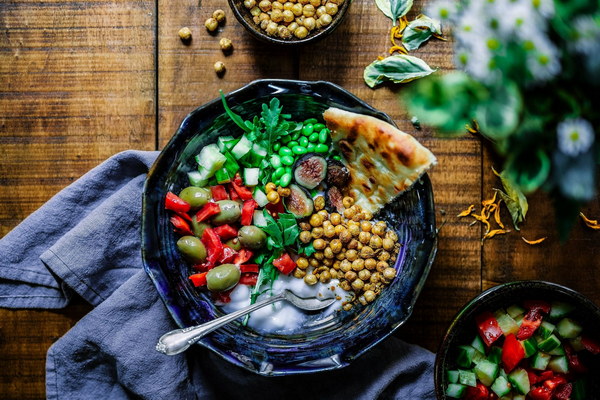
- Managing stress levels
Conclusion
A kidney-friendly diet is a cornerstone of maintaining kidney health. By understanding the principles of this diet and making informed food choices, individuals can support their kidneys and improve their overall well-being. It's always best to consult with a healthcare professional or a registered dietitian for personalized dietary advice, especially for those with existing kidney conditions. Remember, taking care of your kidneys is an investment in your future health and quality of life.

